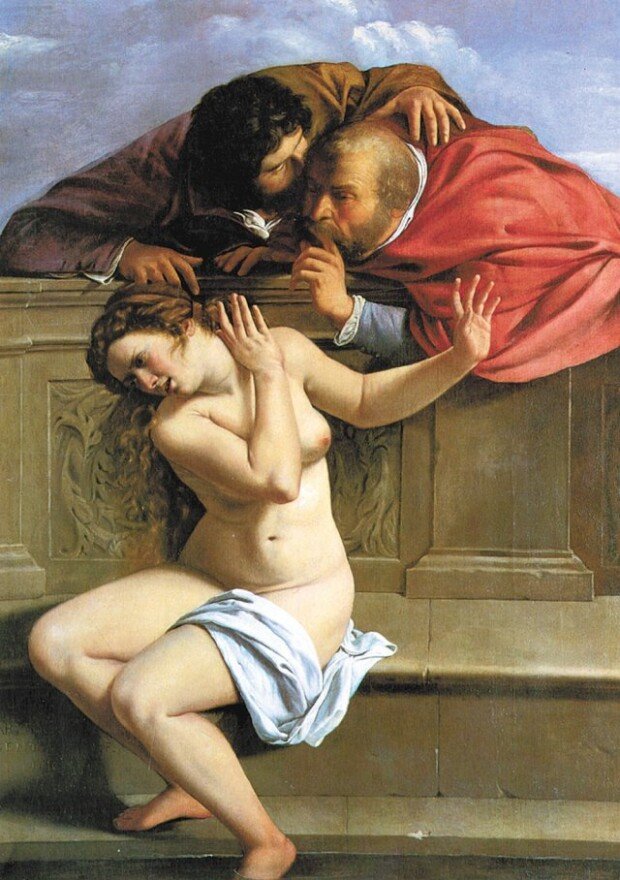Gov’t should help students start from a fair starting point
Gov’t should help students start from a fair starting point
Posted June. 17, 2021 07:16,
Updated June. 18, 2021 11:52

Real estate policy is considered one of the worst policies of the Moon Jae-in administration but its education policy is almost as poor as real estate policy. Not only have real estate prices soared over the past four years, but also the percentage of students, who do not have basic academic skills, has increased. There are middle school students, who do not know multiplication tables and cannot introduce themselves in English. If left unchecked, there will be so many students who cannot enjoy a variety of opportunities in life. The government may blame the situation on the COVID-19 pandemic but the collapse of basic academic performance began even before the pandemic.
According to the analysis of students’ academic achievement over the past 20 years, the percentage of seniors in middle schools, who do not have basic math skills, started to surge in the mid-Roh Moo-hyun administration, reaching 12.9 percent in 2008. The figure fell to 3.5 percent in 2012 during the Lee Myung-bak administration but turned to an increase (9.9 percent) during the transition to the Moon Jae-in administration in 2017 and reached an all-time high of 13.4 percent last year. The rate of high school sophomores, who gave up on math, showed a similar graph to reach 13.5 percent last year. A similar pattern applies to Korean and English.
The reason basic academic skills improved during the Lee Myung-bak administration was because the academic achievement of students was evaluated nationwide, students’ academic performance by school was disclosed, and schools with poor performance received government budget for supplementary education. After a large number of progressive superintendents were elected in 2014, however, the disclosure of academic performance by school and government support for schools with poor academic performance were canceled on the pretext of creative education. Academic achievement test for elementary school students was abolished and examinations for students, ranging from first graders in elementary school to first graders in middle school, disappeared with the introduction of free semester system. The current administration has turned a blind eye to the collapse of basic academic performance by introducing sampling evaluation for middle school and high school.
If public education fails to play its role, a student’s social position will determine his or her academic performance. The Organization for Economic Cooperation and Development (OECD) conducts Program for International Student Assessment (PISA) every three years to 15-year-olds in its member countries, and discloses the result, taking into consideration parents’ educational background and income level. The rate of students from the top 10 percent income brackets, who received the lowest grade in reading, remained in the single digit territory from 2.1 percent in 2000 to 6.3 percent in 2018 while the figure for students from the bottom 10 percent income brackets soared from 16.3 percent to 29.3 percent. That is three out of 10 students. The reading component of PISA is considered a more accurate predictor of students’ future income than one’s highest level of education.
The summer vacation begins soon. After the vacation, students will look different depending on their social status. Those from the highest-income families come back taller with better academic performance while those from poor families come back to classroom looking gaunt with no new academic skills. It is those students from poor families who bear the brunt of the irresponsible education policy. For those who do not begin from a fair starting point, the government should come up with measures to support education during the summer vacation before it is too late.







